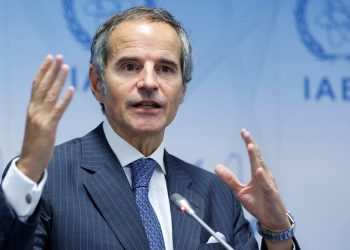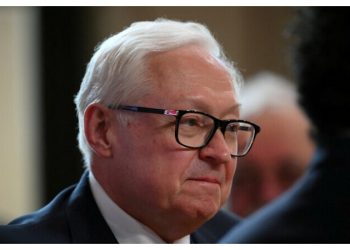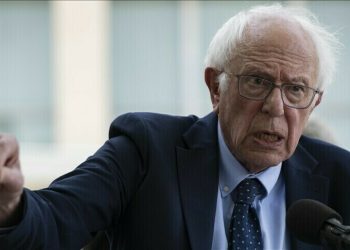LONDON: A top TV presenter in the United Kingdom has been accused of paying a teenager tens of thousands of pounds for explicit photographs.
The mother of the alleged victim said the money – allegedly amounting to more than £35,000 – was used to fund a cocaine addiction which “destroyed” her child’s life.
The family complained to the BBC about the behaviour on 19 May and urged the broadcaster to make the presenter “stop sending the cash.” The individual nor the teenager, who was said to be 17 when the payments began, has been identified.
The TV network said it takes “any allegations very seriously”. Local media reported that the journalist is currently not scheduled to be on air.
As speculation grew about the identity of the presenter, two high profile figures came out to deny any involvement.
TV presenter Rylan Clark said: “Not sure why my names floating about but re that story in the sun- that ain’t me babe. I’m Currently filming a show in Italy for the bbc, so take my name out ya mouths.”
Shortly afterwards, radio star Jeremy Vine also responded to the story, telling his Twitter followers: “It certainly ain’t me”.
Addressing the baseless speculation, he wrote: “Just to say I’m very much looking forward to hosting my radio show on Monday — whoever the “BBC Presenter” in the news is, I have the same message for you as Rylan did earlier: it certainly ain’t me.”
Speaking about the allegations, the mother of the victim told a British daily how her child, now 20, had gone from a “happy-go-lucky youngster to a ghost-like crack addict” in three years.
She said: “When I see him on telly, I feel sick. I blame this BBC man for destroying my child’s life”.
“Taking my child’s innocence and handing over the money for crack cocaine that could kill my child.”
In response to the report, a BBC spokesperson said: “We treat any allegations very seriously and we have processes in place to proactively deal with them.
“As part of that, if we receive information that requires further investigation or examination we will take steps to do this. That includes actively attempting to speak to those who have contacted us in order to seek further detail and understanding of the situation.
“If we get no reply to our attempts or receive no further contact, that can limit our ability to progress things but it does not mean our enquiries stop.”
“If, at any point, new information comes to light or is provided – including via newspapers – this will be acted upon appropriately, in line with internal processes.”


































